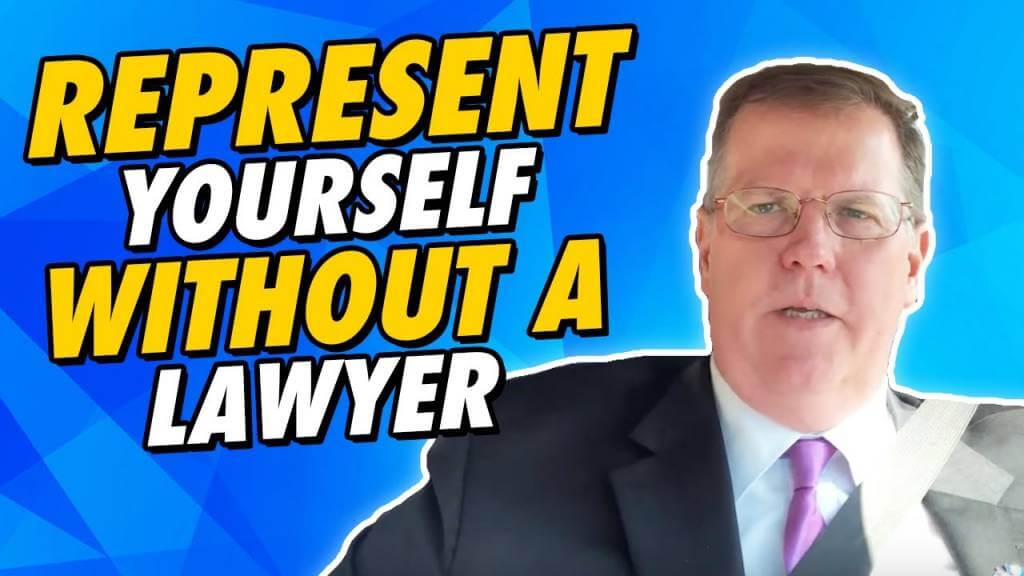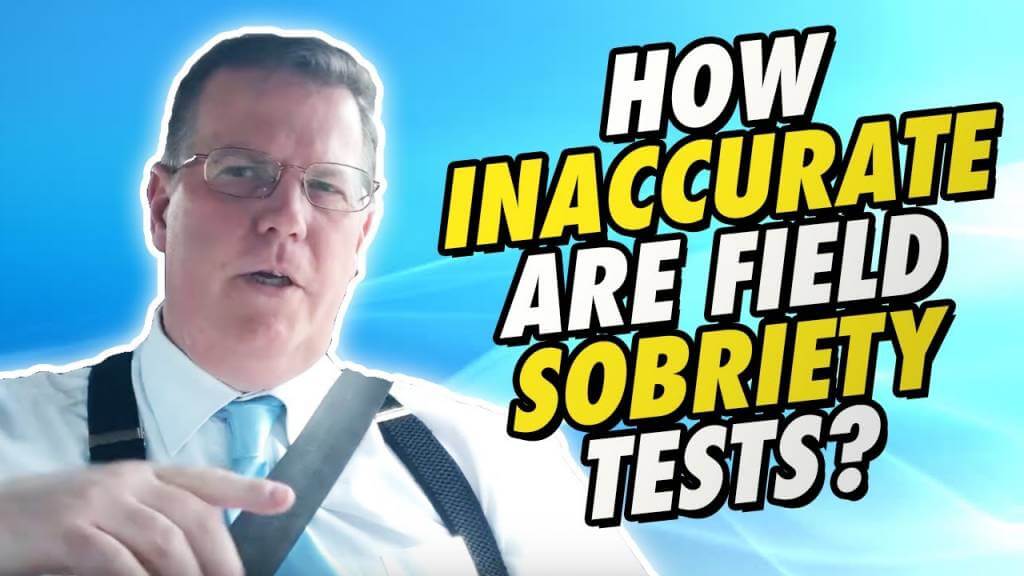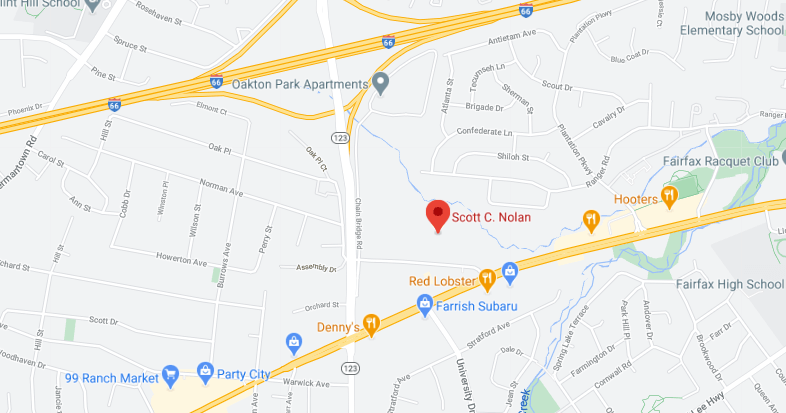Being pulled over by law enforcement while driving is unnerving enough, but it can be even more stressful if the officer wants to search your car. There are certain situations in which an officer in Virginia has the right to search your vehicle, but there are times when it’s within your rights to refuse. Being clear about what law enforcement can and can’t do is essential for handling these situations.
What Grounds Allow a Police Officer to Search My Vehicle?
In Virginia, law enforcement is not required to have a search warrant in order to search someone’s vehicle, unlike many other states.

However, they have to have one of the two following conditions in order to conduct a search:
- They must have the driver’s permission.
- They must have probable cause, which includes things that can plainly be seen or smelled from the outside of the vehicle. For example, packages of illegal drugs sitting on the passenger side in plain view would be probable cause, as would a strong alcohol odor, and the officer could search the car without a warrant or your permission. Note: As of 2021, law enforcement in Virginia no longer has the right to conduct a search because they smell marijuana. The odor alone is not considered a probable cause, and they can’t use that as a reason to search.
- If they have arrested the driver after a traffic stop, they can search the vehicle to look for weapons or evidence related to the charges. For example, if they arrest someone for armed robbery, once the arrest has taken place, they have the right to search for the weapons involved in the robbery.
- If someone has been arrested for driving while under the influence (DUI), the car may be impounded. In that case, the officer can search the car to create an inventory of items in the car. This is used to ensure the driver gets their belongings back when the car is returned. However, if the officer finds anything illegal related to the DUI, such as an open bottle, they can confiscate that as evidence for the charges.
When Can I Refuse to Have a Police Officer Search My Vehicle?
If the officer has no search warrant, has not arrested you, or cannot identify anything illegal in plain sight, you can refuse to let them search your car. Note that some police officers may push you to let them search, and it isn’t likely that they’ll volunteer the information that you may have the right to decline. Stay calm and show respect, but simply continue to note that you do not give them consent. You don’t need to answer any questions; in fact, you should remain silent if they try to ask you about the contents of your vehicle. If you respond, you could inadvertently admit to something that would give them cause to search or arrest you.
Many police officers today use body cams and dash cams. This is another reason it’s important to remain calm and respectful and not to answer questions without the presence of an attorney. If someone becomes belligerent and it’s recorded by the cams, that could be a hurtful piece of evidence in a courtroom. Even if the officer is pressuring you either verbally or physically, stay calm and continue to decline consent.

But if the officer has no warrant, doesn’t arrest you, or can’t identify anything illegal in your car, do refuse to let them search. If you have something you suspect may be illegal in the car, but it’s not easily visible, that doesn’t mean you have to let them search.
What Happens if My Car Was Searched Illegally?
If you didn’t consent to the search and the officer had no probable cause, search warrant, or had not arrested you, any evidence they find in the illegal search can’t be used against you or in court. But having a seasoned criminal defense attorney on the case can help ensure your rights aren’t violated.
However, if the officer asked for your consent and you gave it, not understanding you had to right to say no, you may have lost the rights available to you under the Fourth Amendment. Trying to claim the search was illegal because you didn’t know your rights is a hard sell in court, where ignorance of the law is not usually considered a reasonable defense.
What Is Probable Cause?
This can be hard to define. In general, probable cause means that the officer has a solid reason to believe a crime was or is being committed, which gives them legal permission to search. It has to be something more than a simple hunch. An officer could glimpse an open bottle or illegal weapon through the vehicle’s windows, and that’s enough to conduct a search.

However, there have been cases where the officer claimed probable cause after the evidence was found. For example, they may have claimed to see drug paraphernalia through the window. But if you know that paraphernalia was locked in the trunk out of sight and wasn’t sending out noticeable odors, it’s time to bring in an attorney to rebut the case.
What Should I Do if My Car Was Searched by Police?
Call me at 703-688-9236 to request a free case evaluation as soon as possible. If you’re being charged with a crime because of something found in the search, it’s vital that we determine if there are grounds to have the search and any evidence resulting from it thrown out. Having a knowledgeable, experienced criminal defense attorney on your case could help you prevent long-term, harmful consequences.











